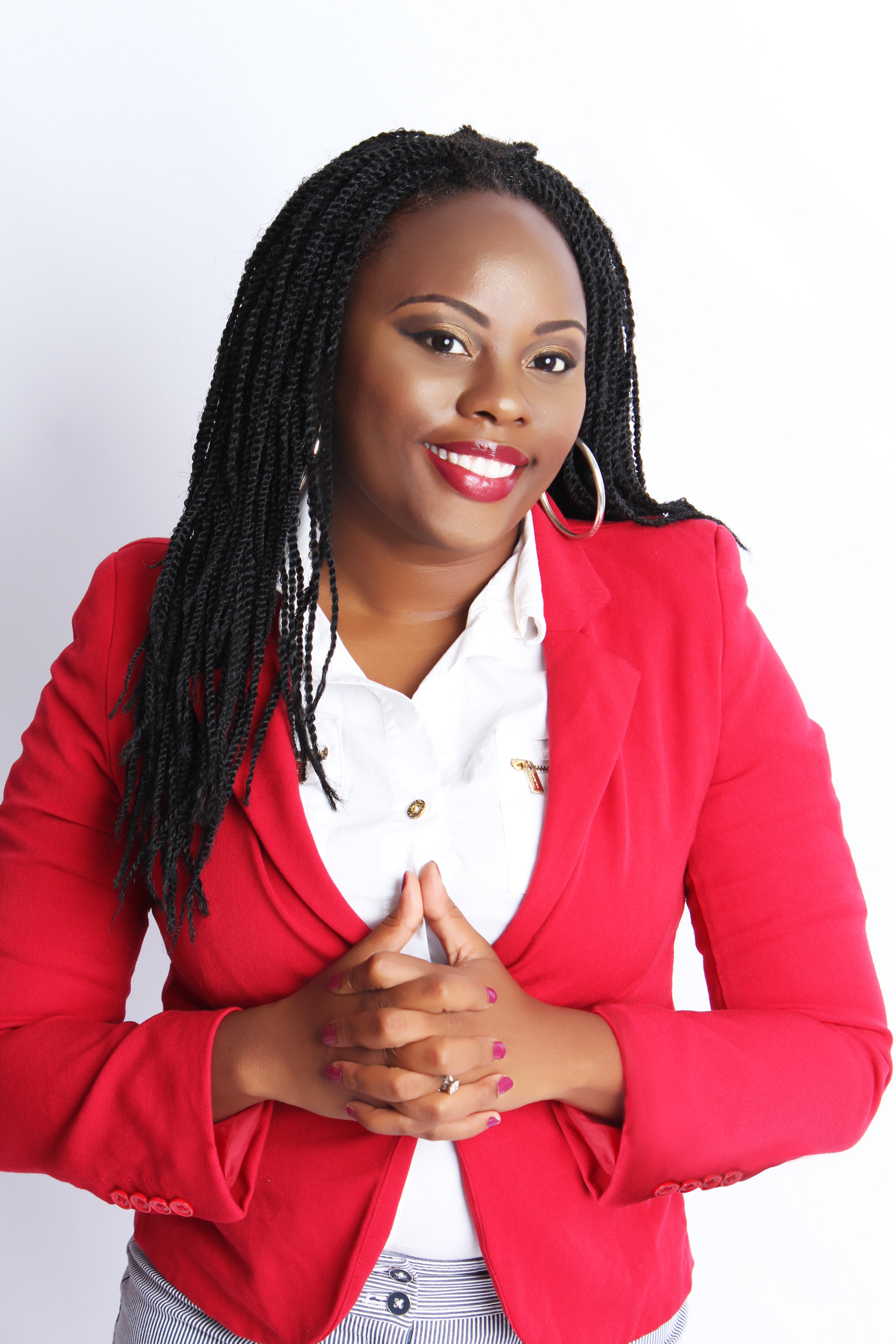
Source: Mlenny / Getty
Decisional forgiveness is the intention to behave more benevolently towards someone. Emotional forgiveness happens when the grudge is actually released.
While you may have never put labels on the two types of forgiveness before, you’ve probably practiced them both in the past. There have likely been times that you said you forgave someone and acted like you forgave them, but still harbored all of the negative feelings about their transgression. That was decisional forgiveness, and it’s really only a surface-level kind of forgiveness. Emotional forgiveness is much harder to achieve. However, once it’s achieved, the beauty of it is that you don’t need to remind yourself to behave kindly towards the person, the way you do when you’ve only achieved decisional forgiveness. When you’ve truly emotionally forgiven someone, you naturally want to behave better towards them. Research has found that it’s the capacity for emotional forgiveness – rather than just decisional forgiveness – that can determine the longevity of a marriage. We spoke with Dr. Laura Louis, PhD, founder of Atlanta Couples Therapy, about times it’s important to practice forgiveness in a marriage and how powerful it can be.

Source: Dr. Laura owns these photos / Glamor Shots
Forgiveness is for you, too
When we hold a grudge, we don’t only hurt the person with whom we’re upset. Dr. Louis says, “Forgiveness is a commitment to our own healing. When we don’t forgive, it impacts us…our immune system. Our cardiovascular system. It’s for our own mental and physical health that we have to practice forgiveness.”









